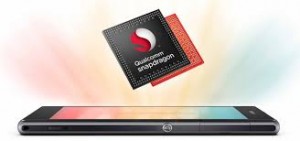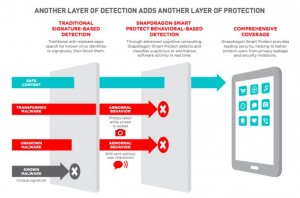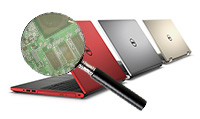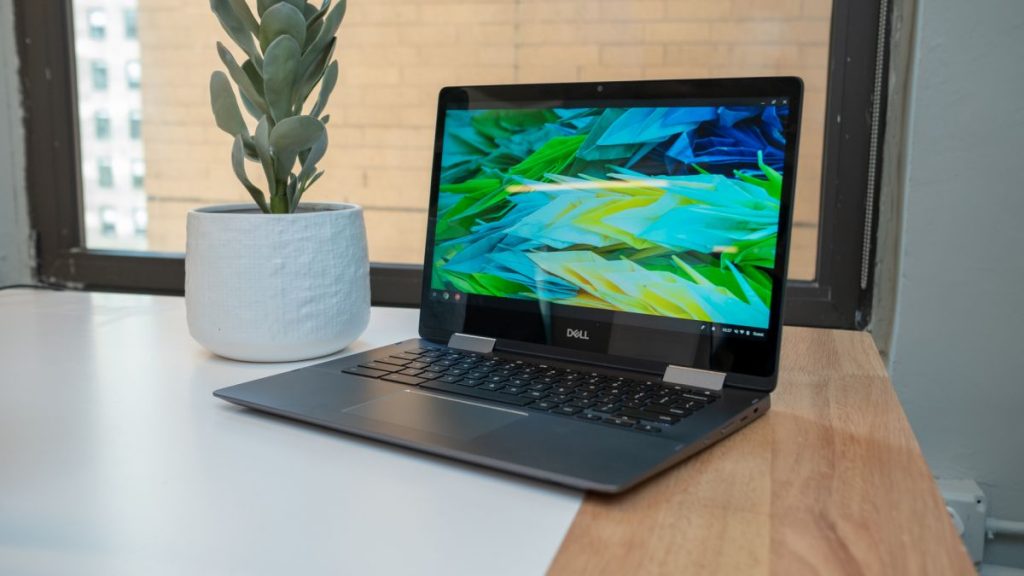

What we get from this will be demonstrated in devices suited with Qualcomm's Snapdragon 820 processor, particularly smartphones on the high-end spectrum. Most current Snapdragon-powered smartphones sport the 810 chip, but the 820 chip is said to have stepped it up a few notches, including a big improvement on both power and battery life. Additionally, machine learning via Zeroth technology, as Qualcomm calls it, will be how the processor fights malware. Zeroth technology, explained by Forbes, is “technology capable of real-time, cognitive computing”.


Qualcomm's Snapdragon system-on-a-chip (SoC) powers more smartphones than any other type of processor, so we should expect this new tech to live up to its credible name. Malware protection is becoming so sophisticated, it has been surpassing desktop security software on certain levels. On top of that, the Snapdragon 820 is “being positioned by Qualcomm as the premium-tier smartphone SoC that will enable the best possible VR, photography, and computer vision experiences in mobile”, says Forbes. It looks like this chip has some serious business to bring to the table next year. Surely, this could be enough to coax Qualcomm's usual customers into sticking with next gen Snapdragon, especially with malware protection under its belt.

 Laptop & Tablet Parts
Laptop & Tablet Parts




















